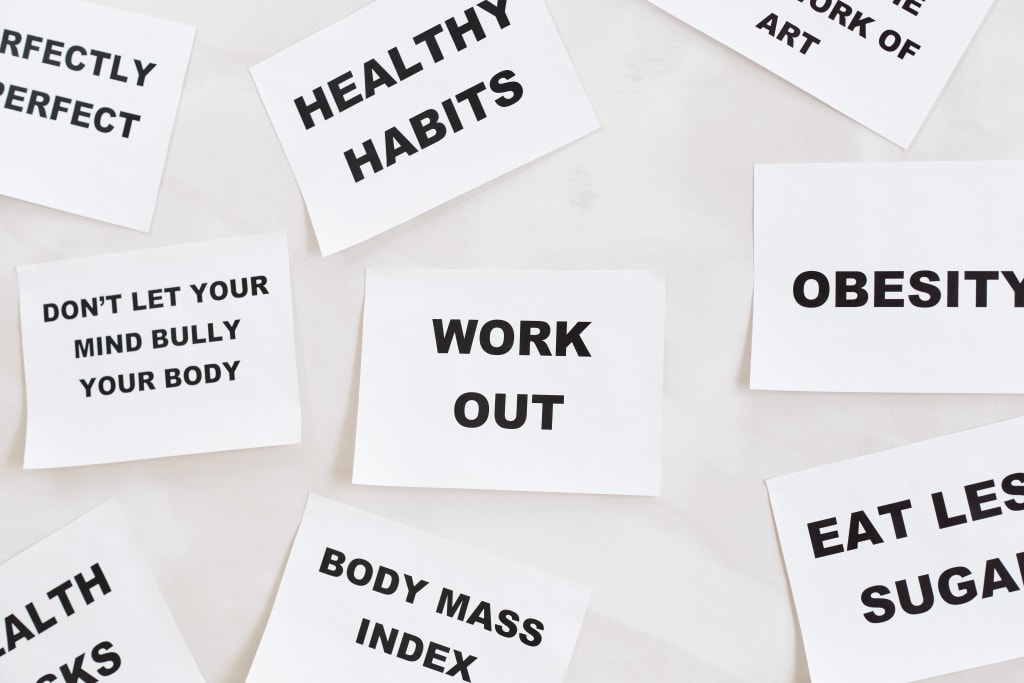Science Reveals the 5 Healthy Habits That Slow Aging
Essential Wellness Habits

Maintaining your overall health and wellness as you age is imperative. Self-care experiences, fitness workouts that promote longevity, beauty treatments that restore the radiance to aging skin, and anti-aging beauty products that claim to produce results are all the fury, as people want to look and feel their best for as long as possible. Living a long, healthy life may necessitate some changes to your daily routine and the following list of healthy habits that slow the aging process is backed by science.
Practice yoga.
Namaste not only relaxes, but it can also help to slow the aging process.
Many studies show that practicing yoga has numerous health benefits, including improved cellular aging, balance, mobility, and mental health, as well as preventing cognitive decline. All of these things are concerning to the elderly.
For example, according to a study published in the journal Oxidative Medicine and Cellular Longevity, doing yoga for 12 weeks can slow cellular aging in healthy people. Another study published in Frontiers in Human Neuroscience discovered that attending a three-month yoga and meditation retreat reduced stress and inflammation.
Choose the Mediterranean diet.
Diet is the next best wellness habit for slowing down the aging process. A Mediterranean diet can help you live longer by lowering your risk of heart disease and adding up to six years to your life. It's what people in Ikaria, Greece—one of the Blue Zones, where many people live to be 100 and beyond—believe in. If you're not familiar with this diet, you should become acquainted with it because it holds the key to longevity! Olive oil, fresh vegetables, whole grains, beans, some fish, and smaller portions of meat and dairy are staples of the Mediterranean diet.
And research confirms how beneficial the Mediterranean diet is. According to the Harvard T.H. Chan School of Public Health, research shows that this diet can help you live longer and live a healthier life.
Maintain and increase your muscle mass.
You've probably heard it before, but maintaining and building muscle mass as you age is crucial. According to Harvard Health Publishing, after the age of 30, you lose 3% to 5% of your lean muscle mass every ten years. Sarcopenia is a natural part of the aging process.
What are your options? According to Landmark, eating protein, doing strength training (specifically, two to three half-hour workouts per week after consulting with a medical professional), increasing your omega-3 intake, monitoring your vitamin D levels, and going for walks can all help preserve muscle mass.
Make friends!
Having social interactions is an important aspect of your health and wellness that should not be overlooked. According to the Mayo Clinic, socializing helps alleviate feelings of loneliness while also improving cognitive and memory skills, mood, and overall wellness. It may even help you live longer.
"We are social animals by nature," explains Mayo Clinic psychologist Dr. Craig Sawchuk, "so we tend to function better when we're in a community and around others." He claims that people who spend a lot of time alone are more likely to be depressed and have a lower overall quality of life.
Get plenty of sleep.
Getting enough sleep is critical to your overall health. According to News in Health, getting enough shut-eye can improve your mood and brain function. Some argue that it's just as important as a good workout routine and diet to stay healthy. Sleep deprivation increases your risk of developing disorders or diseases such as obesity, heart disease, dementia, and stroke.
Dr. Kenneth Wright, Jr., a sleep researcher at the University of Colorado, explains: "Certain repair processes in the body take place primarily or most effectively during sleep. Those processes will be disrupted if you don't get enough sleep "(Source: NIH)
Three key factors contribute to "healthy sleep," according to NIH sleep expert Dr. Marishka Brown. She states, "The first is how much sleep you get. Another factor is sleep quality, which is the amount of uninterrupted and refreshing sleep you get. The final element is to maintain a regular sleep schedule."
About the Creator
Willie Wun
I am a senior who is very keen on health and longevity issues and would like to share such knowledge with whoever is interested in these areas. Please SUBSCRIBE if you find the information useful and I can be motivated to share them daily






Comments
There are no comments for this story
Be the first to respond and start the conversation.